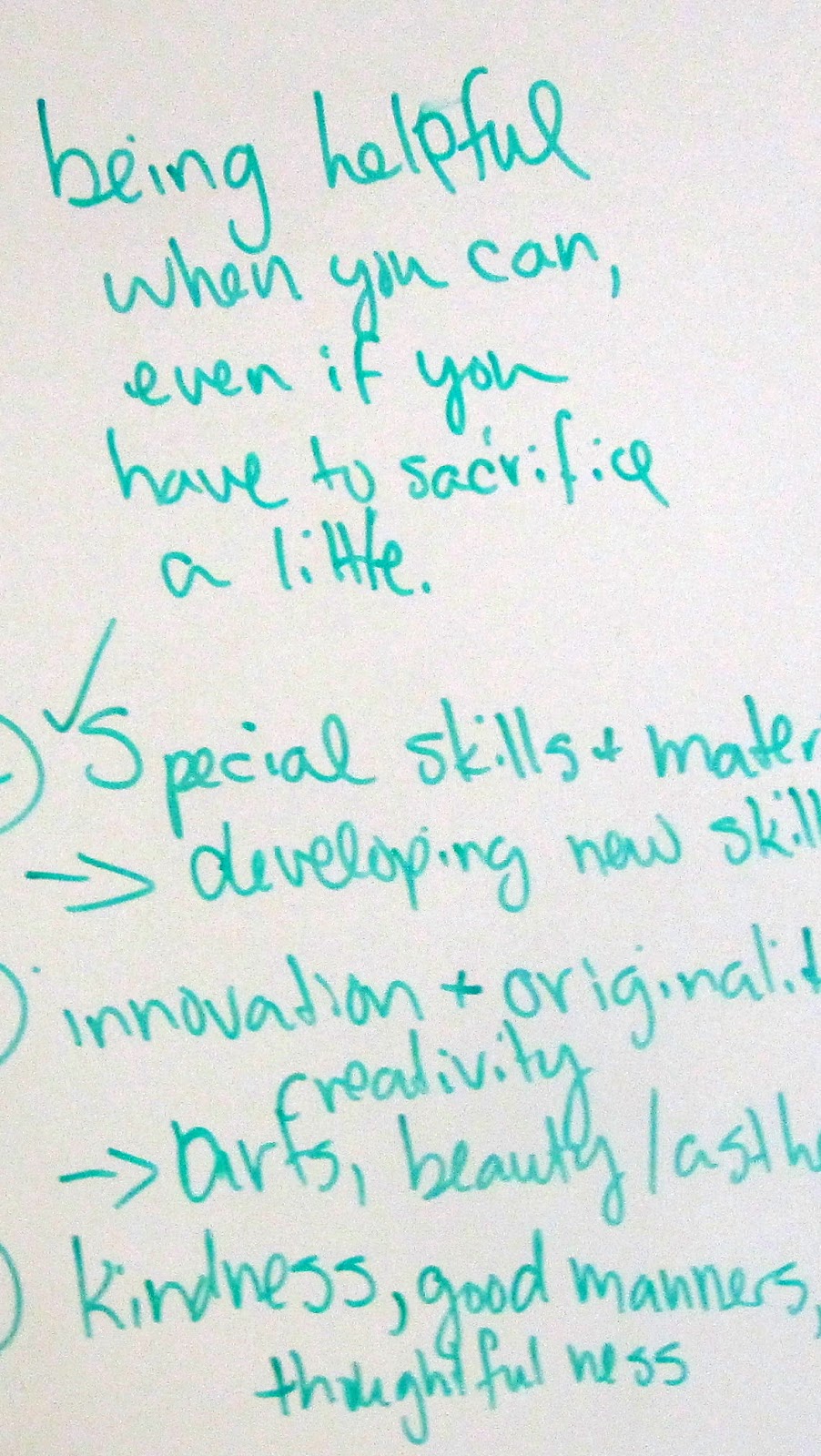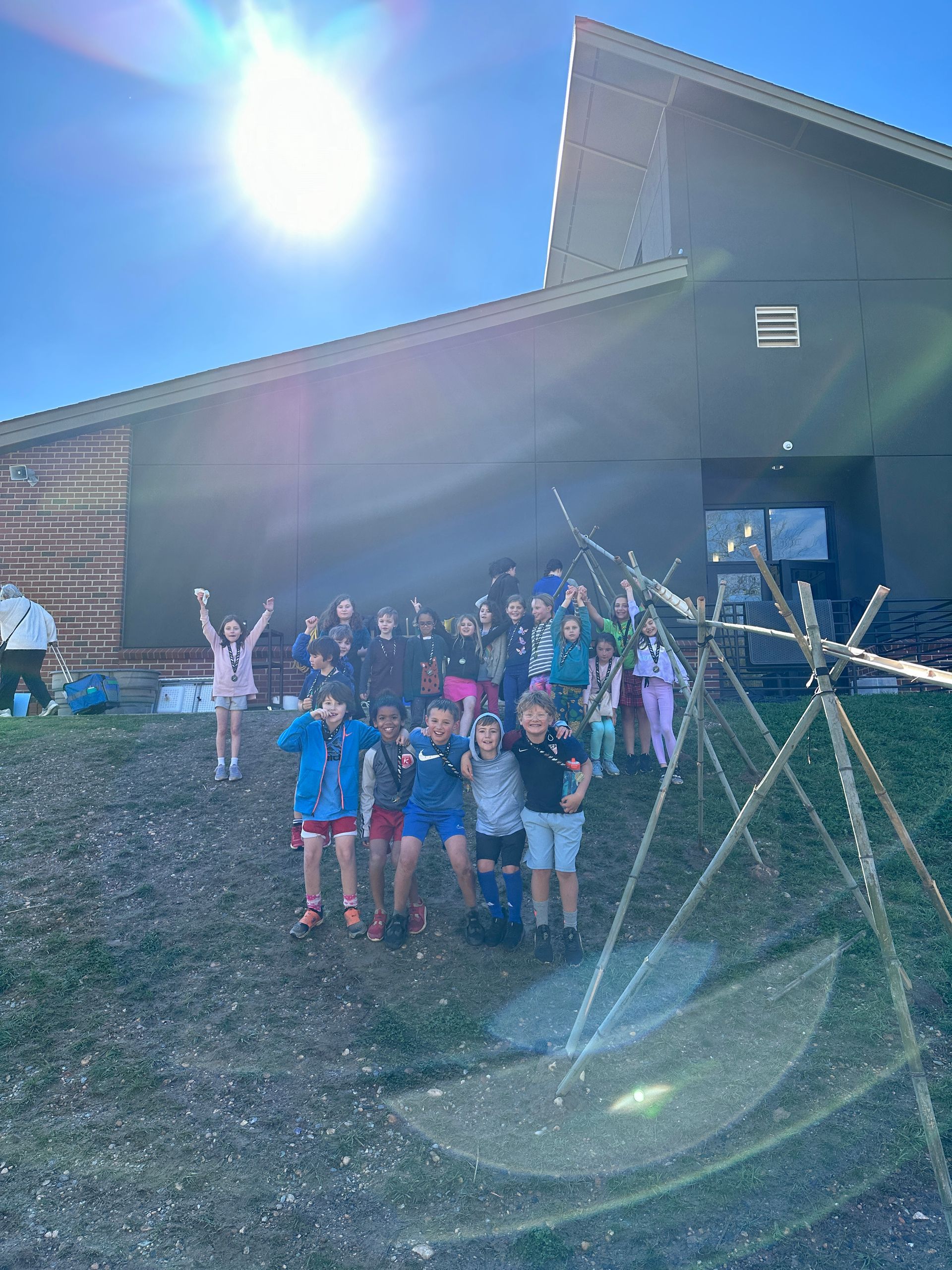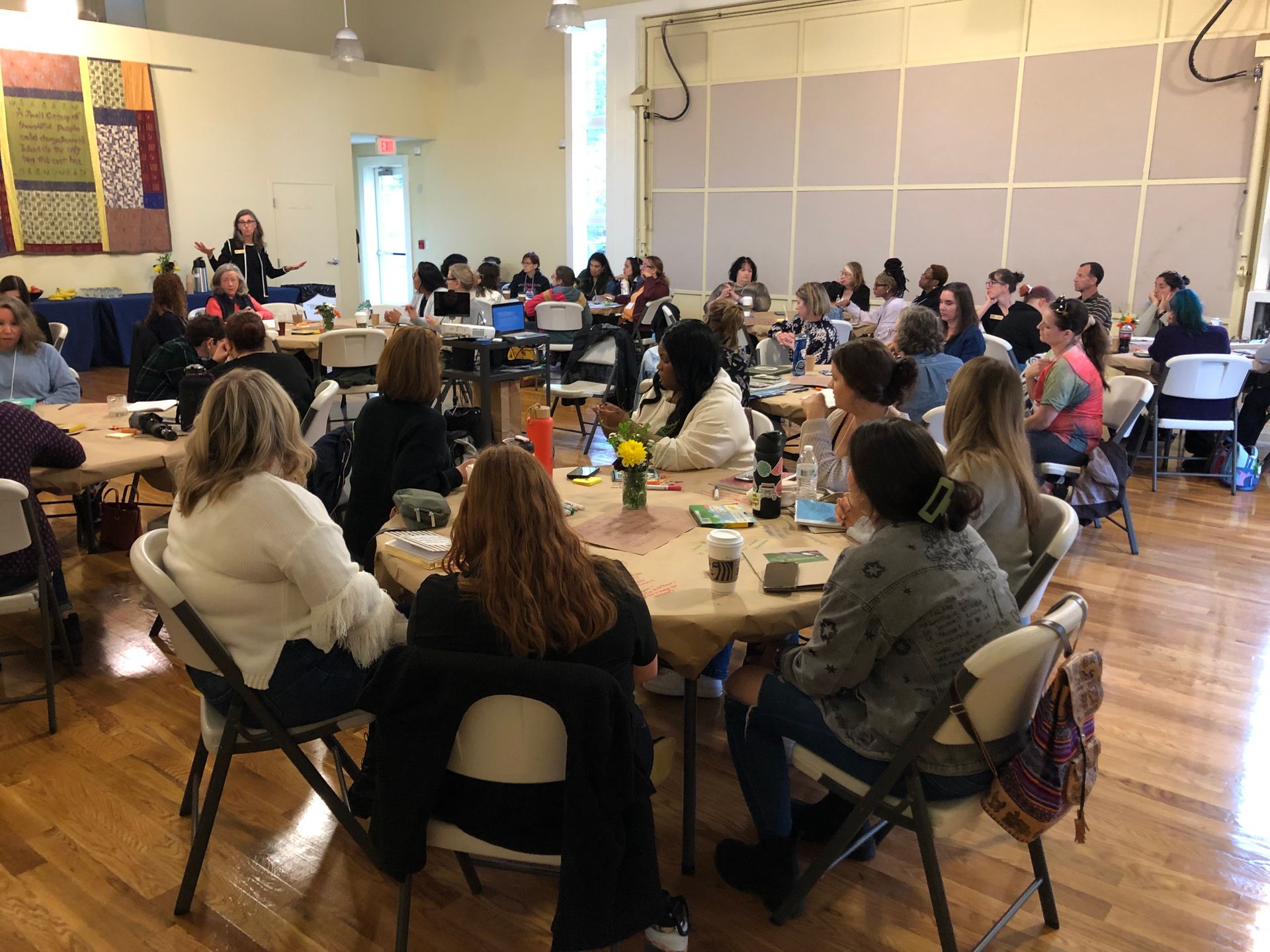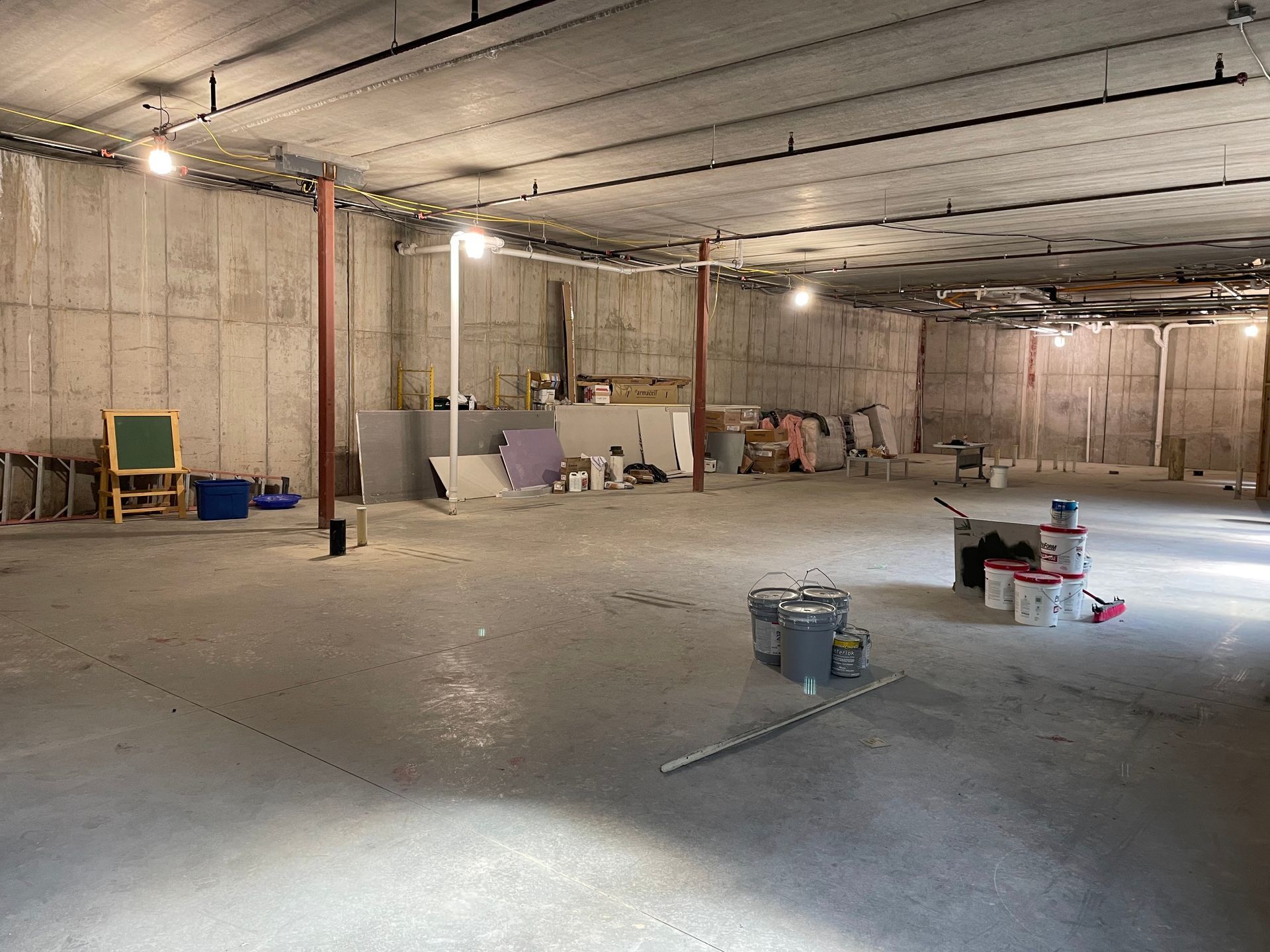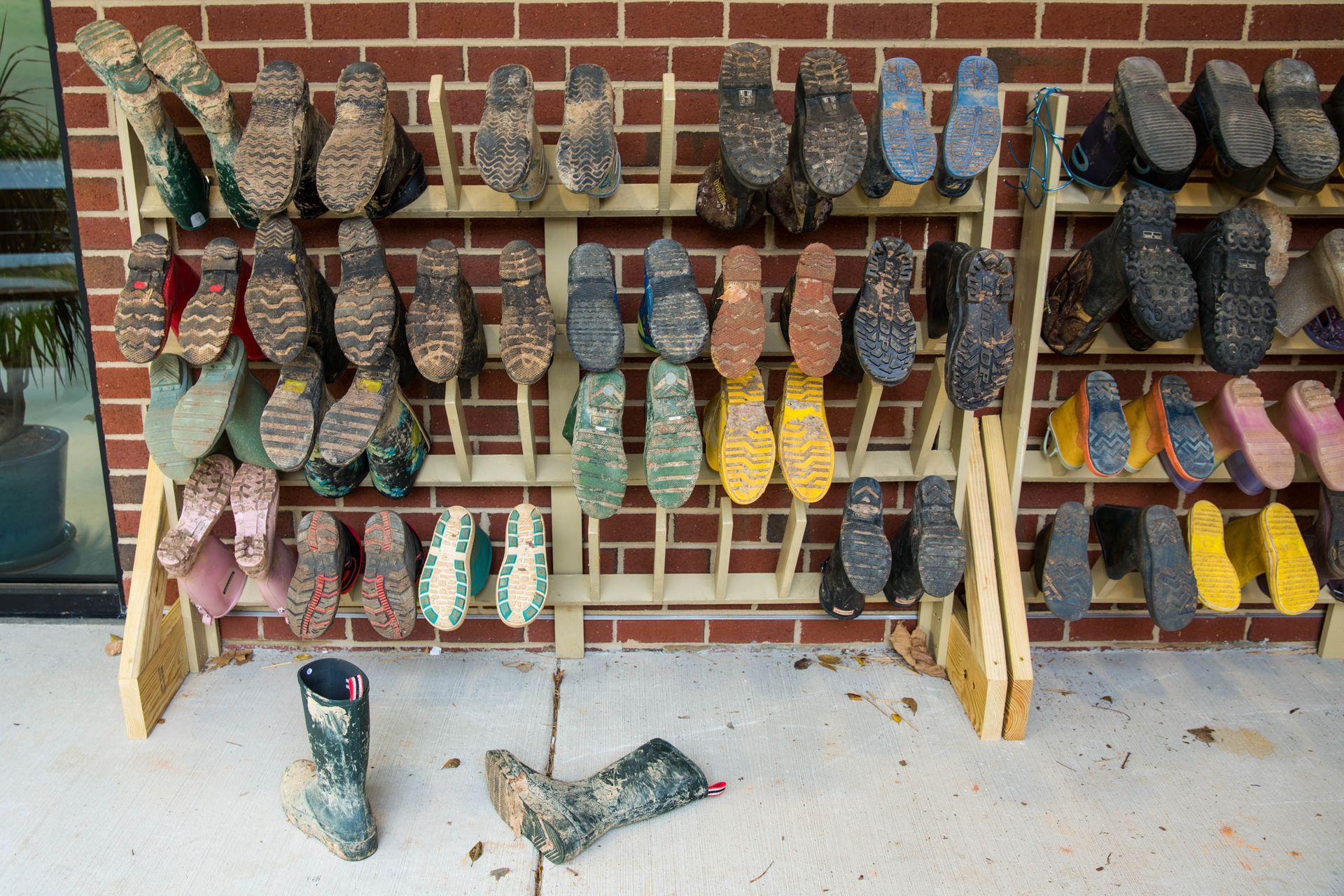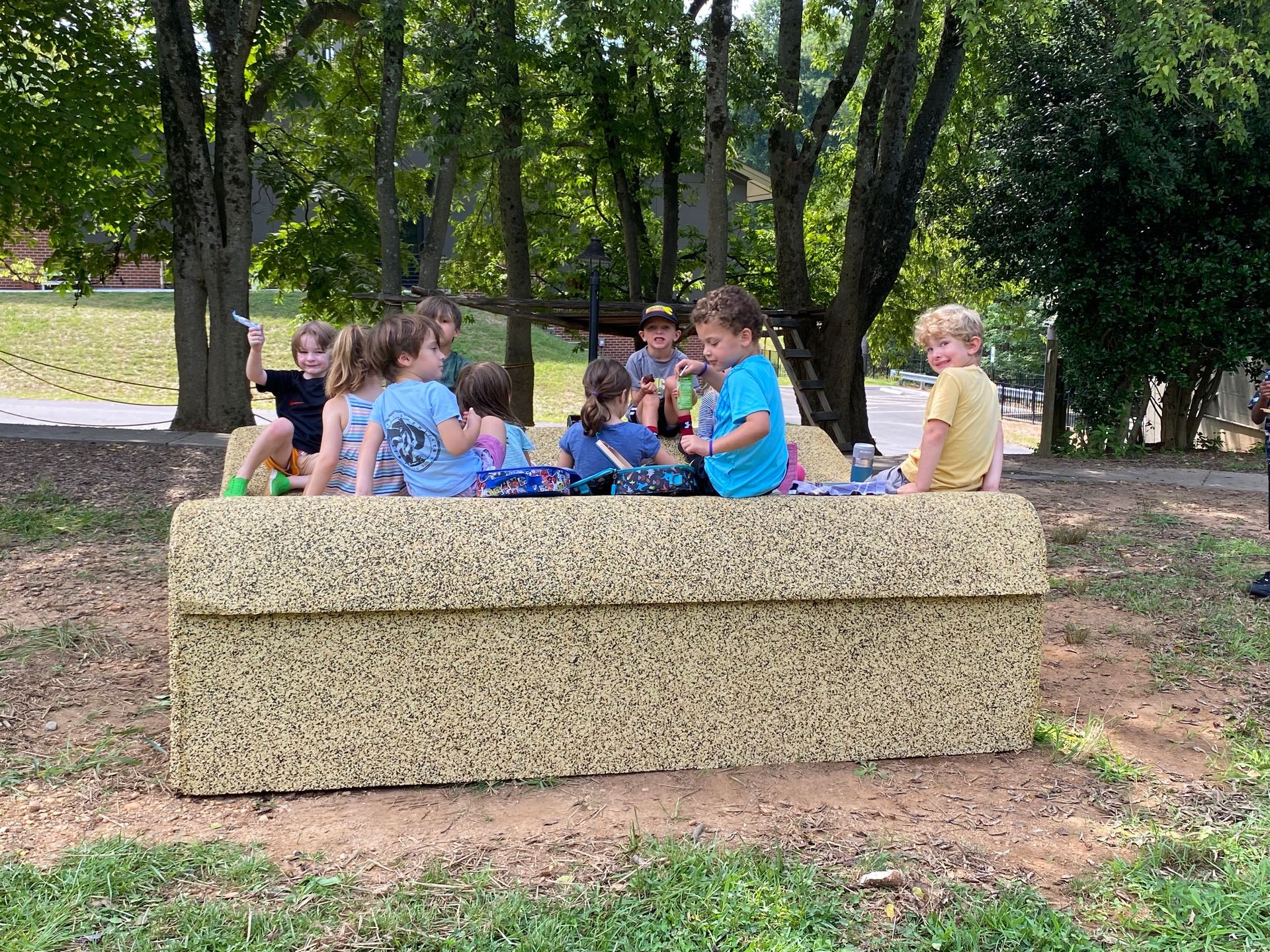Getting Paid
Now everyone has a job, and they are taking their work quite seriously. The reason that all of us do some parts of our job is that we get paid. So we have to make some decisions about salaries.
We started by talking about how people get things they want from other people. (Legally, of course). Jude had heard the word “barter” just this morning, so she explained bartering for what you want. Everyone thought it was a good idea. So then I asked what would happen if I wanted something from you, but the thing you wanted came from someone else. Three way barters were suggested, then gift cards. Jude then pointed out the other downfall to barter. You might want to travel, and your trade goods might be heavy or awkward. There was a running joke about carrying cows to Europe. Dylan came up with a great answer- money! You can use it to trade with anyone, you can save it if you don’t want something right now, and it’s easy to store and get through airport security. So we are going to pay people for their work with money, which is quite easy to manage with an online bank. We even have direct deposit.
Later in the morning, we looked at the things people get paid for in the real world. We came up with:
Special training or skills- usually pays relatively well by our estimation
Protecting others- does not pay as well as you might hope
Taking some other kind of risk- could pay off really well, ok, or terribly. You just have to try.
Giving up one’s time- these kinds of jobs tend not to pay much by comparison
Having special tools or materials- is usually stacked on top of another category and improves the pay.
Doing things that are unpleasant that other people don’t want to have to do for themselves.- Does not pay very well, but perhaps better that jobs that just require time.
So we figure that these are the things our culture values, because we will pay for them.
- Being helpful when you can, even if you have to sacrifice a little
- Special skills or the ability to use special materials; learning new things, developing new skills
- innovation, originality and creativity
- style, beauty and aesthetic quality- in producing objects, or making things in the classroom more beautiful, inviting, functional and organized
- kindness, good manners, and thoughfulness
- responsibiliy in staying on top of your classroom work overall
- responsibilty in the sense of conservation,sustainability and respect for nature.
The post Getting Paid appeared first on Sabot at Stony Point.
SHARE THIS POST




